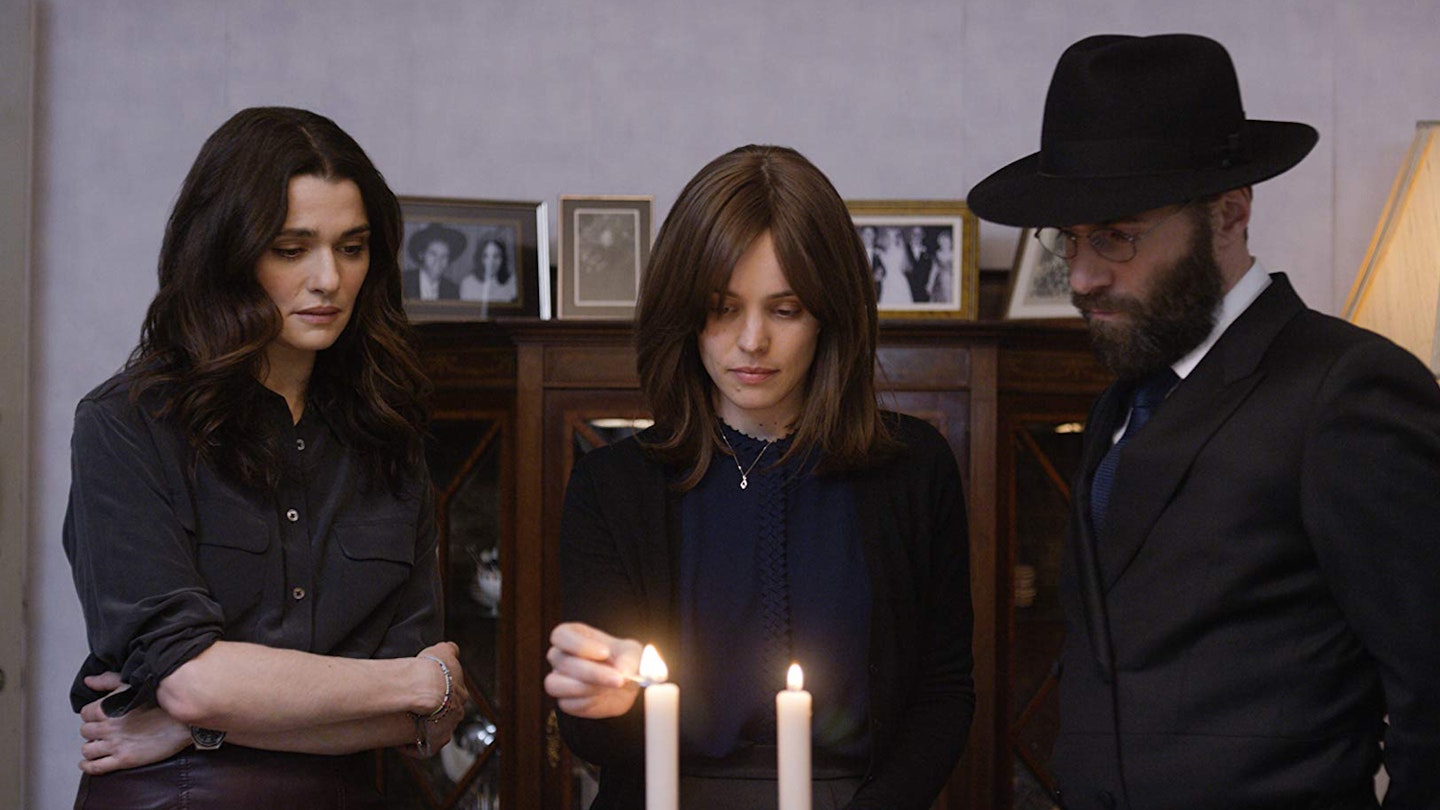Chilean director Sebastián Lelio returns — following his Oscar win for A Fantastic Woman earlier this year — with Disobedience,
a passionately fraught drama and riveting character study. It’s an achingly beautiful portrayal of love, loss, lust and regret, continuing his exploration of these themes in his previous films. Lelio once again navigates female desire, identity and oppression, but this time within the strict boundaries of religion. Faithfully following author Naomi Alderman’s novel of the same name, he focuses on the moral tension between faith and sexuality.

Lelio continues to flourish in his English-language debut — his first with an A-list cast. Upon returning home to London, bohemian, New York-based photographer Ronit (Rachel Weisz) has nowhere specific to stay, and ends up seeking awkward refuge in the marital home of two childhood friends, Dovid (Alessandro Nivola) and Esti (Rachel McAdams). This marriage comes as a shock to Ronit as she was previously banished from their tight-knit community due to her illicit romance with Esti, which is only ever acknowledged in hushed whispers and disapproving looks.
The performances from Weisz, McAdams and Nivola are faultlessly nuanced.
Lelio counterpoints simmering surface-level emotion with the damply muted backdrop of London. It’s a poignantly artful coupling that amplifies Ronit and Esti’s snowballing tension. Lelio emphasises the escalating emotional pressure with his intimately framed camerawork subtly capturing the yearning glances, discreet physical caresses and fleeting micro expressions that let decades of secrets slip. The anguish, torment and lust in each of these shots has a delicate and raw earnestness.
Lelio juxtaposes the opposing sexual relationships throughout Disobedience. Dovid and Esti’s matrimonial intimacy is dutiful, yet ultimately mechanical and detached. Ronit’s and Esti’s reunion is passionate: urgent, yet tender. Thankfully, Lelio’s framing of female pleasure is stylishly shot, never feeling fetishised or voyeuristic. It’s an elegantly orchestrated piece of sensual choreography. However, this swell of passion is sadly short-lived as the couple’s bliss is shattered by the impending crash of reality, and the trappings of responsibility and consequences it brings.
The performances from Weisz, McAdams and Nivola are faultlessly nuanced, anchoring the film with a frank sincerity that gives Disobedience a heartfelt realism. Nivola’s portrayal of stoic religious devotion is perhaps his finest performance to date, whilst Weisz’s guilt-racked rebellious streak plays off McAdams’ seeming naivety with knife-sharp precision. Depicting the soul-searching crossroads they face when deciding between deep-seated spiritual belief and personal freedom, Disobedience is a quietly devastating tale of forbidden love that has a crushing universality.


